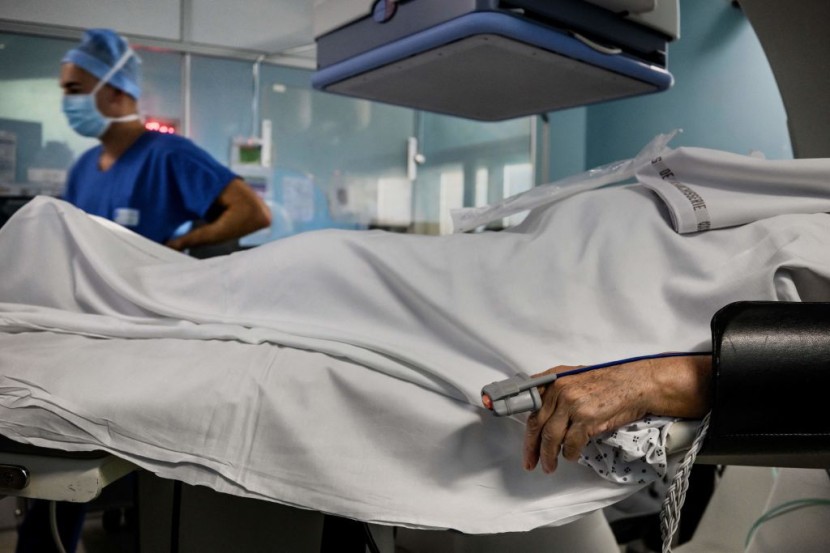The second-ever recipient of a pig heart transplant has died six weeks after the highly experimental procedure.
The patient was identified as 58-year-old Lawrence Faucette who was dying from heart failure and was considered ineligible for a traditional heart transplant. He received the genetically modified pig heart on Sept. 20 in an attempt to prolong his life.
Second-Ever Experimental Pig Heart Transplant

The University of Maryland School of Medicine said that the transplanted heart had seemed healthy for the first month but started to show signs of rejection in recent days. Faucette was found to have died on Monday.
The patient's wife, Ann, released a statement through the hospital saying that her husband knew that his time with them was short and that the procedure was the last chance to do for others. She added that he never imagined that he would live for as long as he did.
The Maryland team performed the world's first transplant of a heart from a genetically altered pig last yaer into another dying man. That patient was David Bennett and he survived two months after the experimental procedure before the transplanted pig heart failed, as per CBS News.
The reasons for the heart's failure were not completely clear although there were signs of a pig virus that were later found inside the organ. Experts learned valuable information from the first procedure, prompting changes, including better virus testing before the second attempt was made.
In a statement, the surgeon who led the transplant at the University of Maryland Medical Center, Dr. Bartley Griffith, said that Faucette's last wish was for them to make the most of what they learned from their previous experience with the experimental heart transplant.
For decades, experts' attempts at animal-to-human organ transplants, called xenotransplants, have failed due to humans' immune systems immediately destroying the foreign tissue. But now, scientists are once again trying to use pigs that were genetically modified to make their organs more human-like.
Faucette's doctors said that in the weeks immediately following the experimental procedure, the patient was making significant progress. They said that he participated in physical therapy and was spending time with his family, according to CNN.
Read Also : Advisers Recommend Continued High-Risk Men's Vaccinations for Mpox Beyond Outbreak Resolution
Sudden Organ Rejection
The patient's doctors said one month after the experimental surgery that Faucette's heart function was excellent and they had decided to withdraw drugs to support it. Griffith said at the time that they saw no evidence of infections or rejection.
Furthermore, doctors treated the patient with an experimental antibody treatment to further suppress his immune system and prevent the rejection of the pig heart. However, the UMMC said that organ rejection is considered to be one of if the not the most significant challenge that experts face in conducting traditional transplants involving human organs.
Dr. Muhammad Mohiuddin leads the animal-to-human transplant program at the UMMC and he described Faucette as "a scientist who not only read and interpreted his own biopsies but who understood the important contribution he was making in advancing this field."
Researchers at the University of Maryland and many others elsewhere have been working toward using modified pig organs in humans to relieve the organ shortage. There are roughly 100,000 Americans who are on an organ transplant waitlist, the majority of whom are awaiting a kidney, said USA Today.
© 2026 HNGN, All rights reserved. Do not reproduce without permission.








